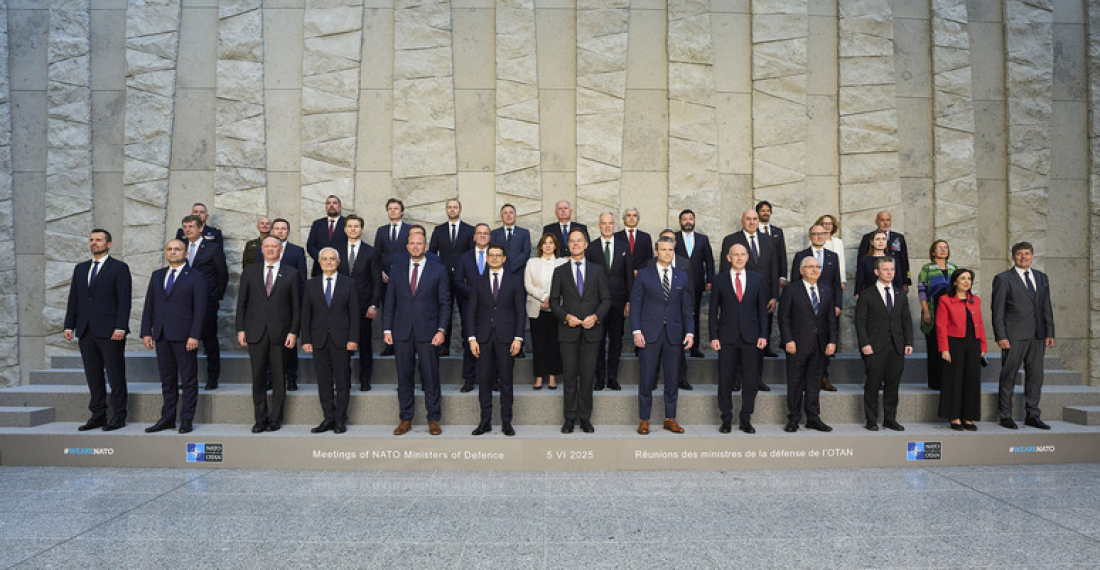Meeting in Brussels on Thursday 5 June, NATO Defence Ministers agreed an ambitious new set of capability targets to build a stronger, fairer, more lethal Alliance, and ensure warfighting readiness for years to come. The meeting was seen as crucial in preparation for the NATO summit due to be held in The Hague on 24-25 June. The summit comes at a time of tension between the European allies and the United States. President Trump has confirmed he will travel to The Hague for the summit.
At a closing press conference NATO Secretary General Mark Rutte confirmed that the targets “describe exactly what capabilities Allies need to invest in over the coming years… to keep our deterrence and defence strong and our one billion people safe.”
The targets are the basis for a new defence investment plan which is expected to be approved at the NATO Summit. The proposal calls for Allies to invest 5% of GDP in defence, including 3.5% on core defence spending, as well as 1.5% of GDP per year on defence and security-related investment, including in infrastructure and resilience.
The NATO-Ukraine Council also met on Thursday, with Allies joined by the Ukrainian Minister of Defence Rustem Umerov, and the High Representative of the European Union for Foreign Affairs and Security Policy, Kaja Kallas. Following the meeting, the Secretary-General reaffirmed Allied support for Ukraine noting that this year alone, Allies had pledged over 20 billion euros in additional security assistance for Ukraine. He also welcomed the additional support Allies had pledged at the meeting of the Ukraine Defence Contact Group on Wednesday.
In the final meeting of the Ministerial, Allies took part in a regular meeting of NATO’s Nuclear Planning Group. “Nuclear deterrence remains the cornerstone of Alliance security,” noted the Secretary-General, “and we will ensure that NATO’s nuclear capability remains strong and effective, in order to preserve peace, prevent coercion and deter aggression.”
source: commonspace.eu with the press service of NATO and agencies
photo: Family Photo of NATO Defence Ministers at their meeting in Brussels on 5 June 2025 (picture courtesy of NATO press service.







